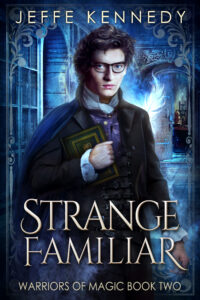Thoughts on feeling traumatized that it’s January 6th and what I’ve discovered about how art can help give us perspective. Also, a truly ASTONISHING discovery that has moved my productivity to a whole new level!

RITA ® Award-Winning Author of Fantasy Romance

Thoughts on feeling traumatized that it’s January 6th and what I’ve discovered about how art can help give us perspective. Also, a truly ASTONISHING discovery that has moved my productivity to a whole new level!

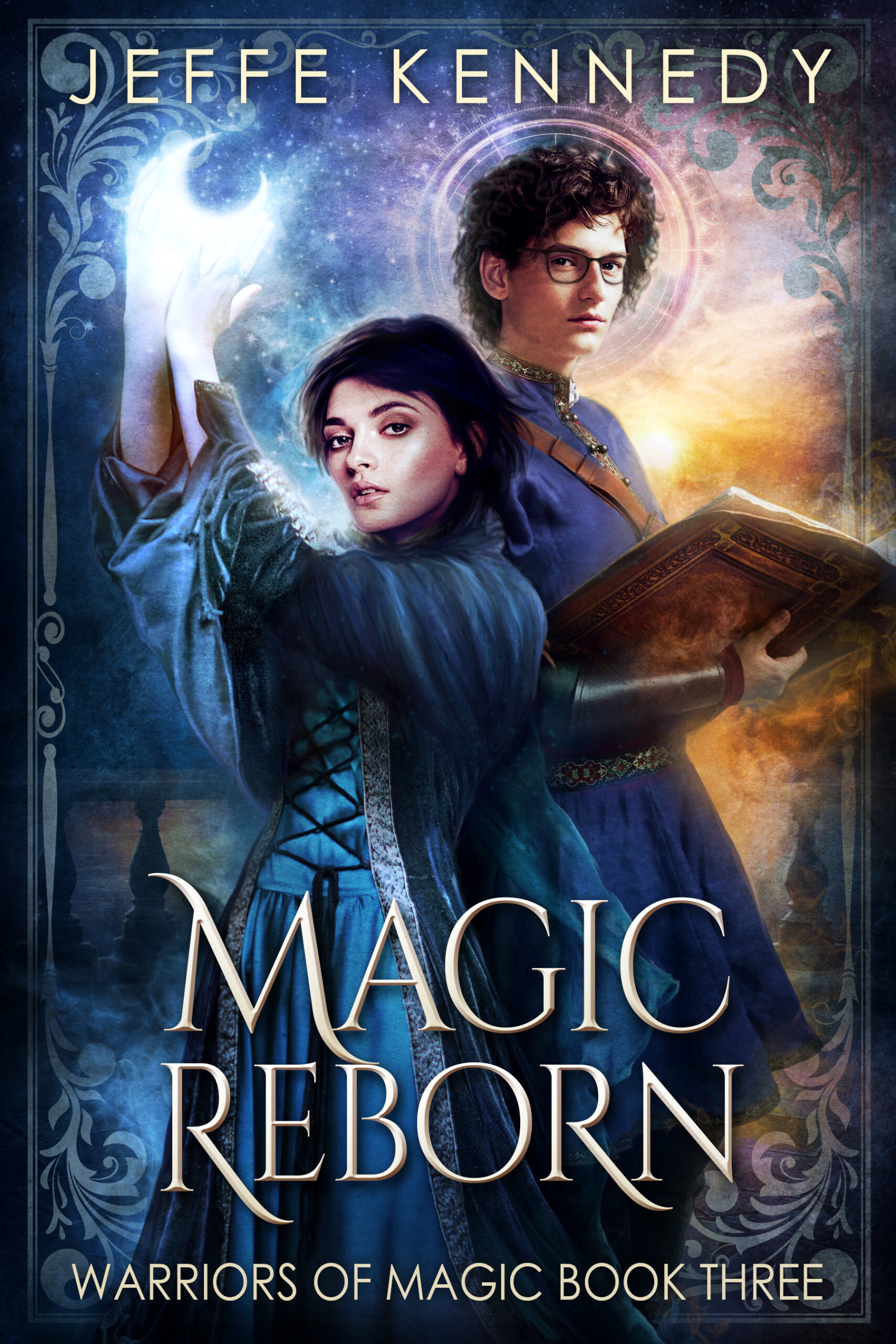
Showing off a few gifts-my Swiftie mug and a fabulous pen-and talking the art of gift-giving. Also thoughts on goal-setting, observing yourself like a scientist, tracking metrics, and the cover reveal of MAGIC REBORN!
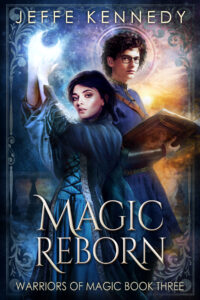
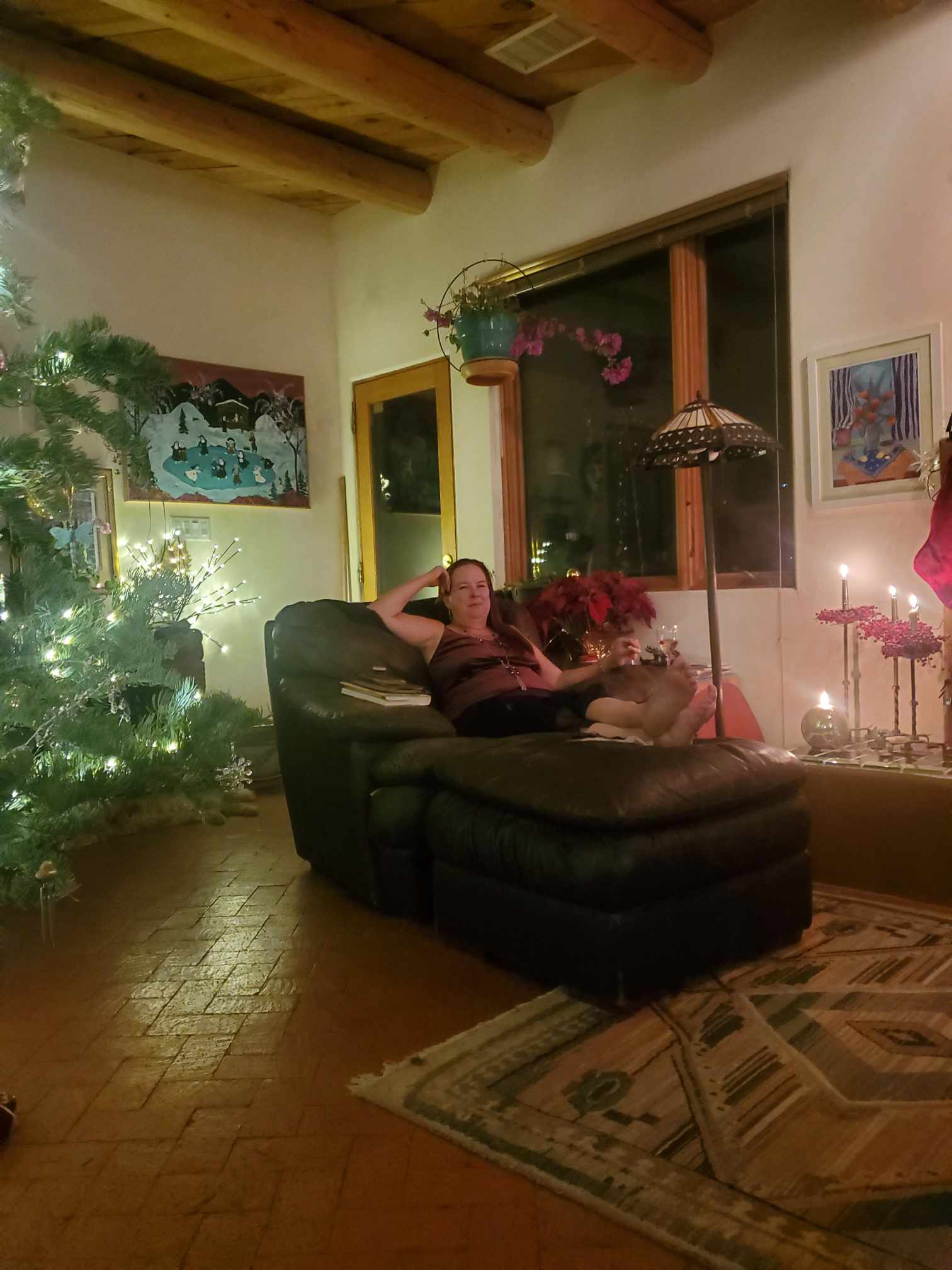
This will be my last podcast…of 2024! I’m talking about a cool goal-setting trick, what I noticed about taking time off and aggressive well-refilling in general, feeling that creative impulse and looking to the year ahead.

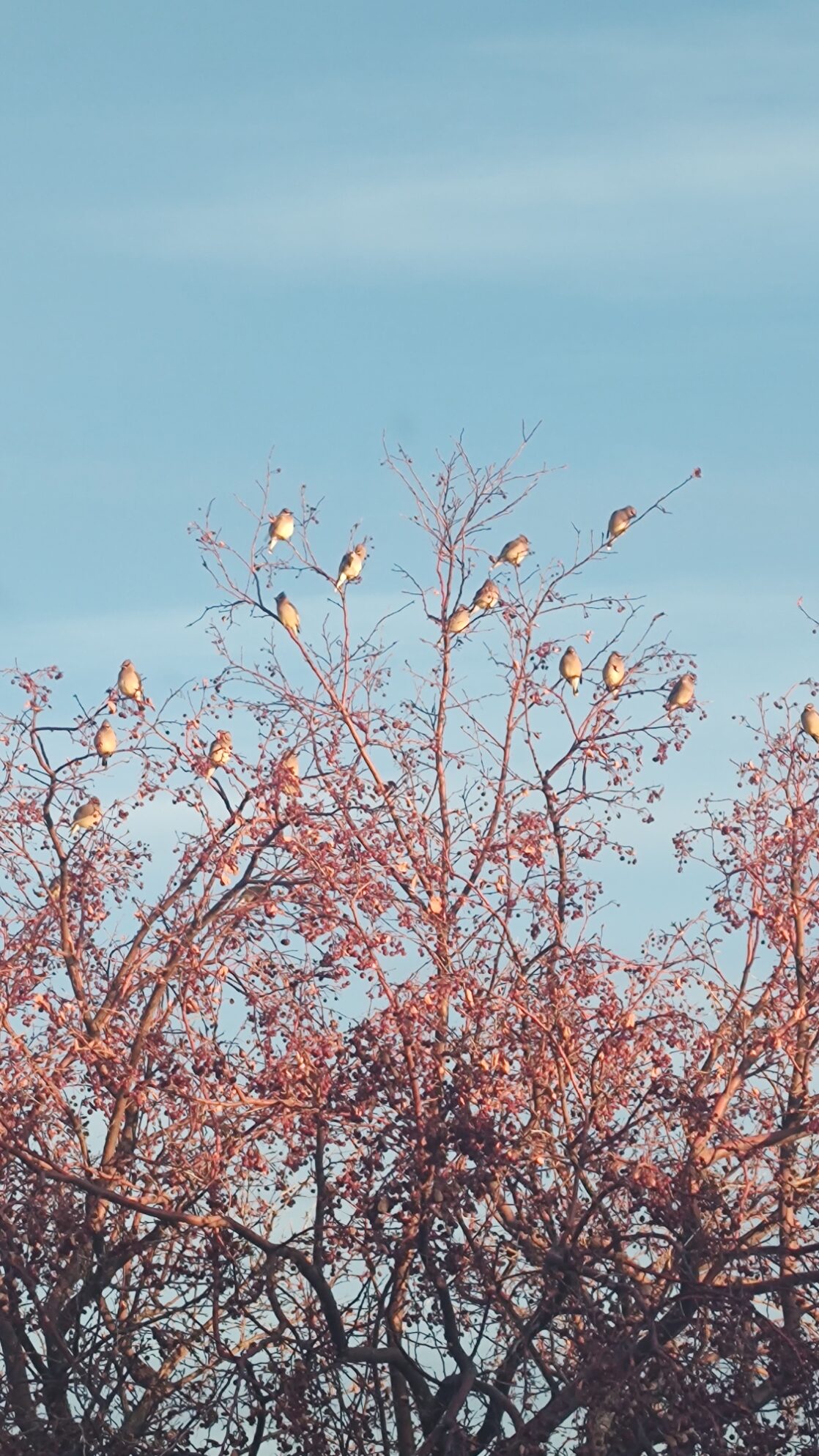
I’m burbling away today all the great stuff going on with NEVER THE ROSES – including the *super cool* Owl Crate edition plans, updates on the upcoming cover reveal, UK release, audiobook (dual narration!) and why working with traditional publishing can be so great.

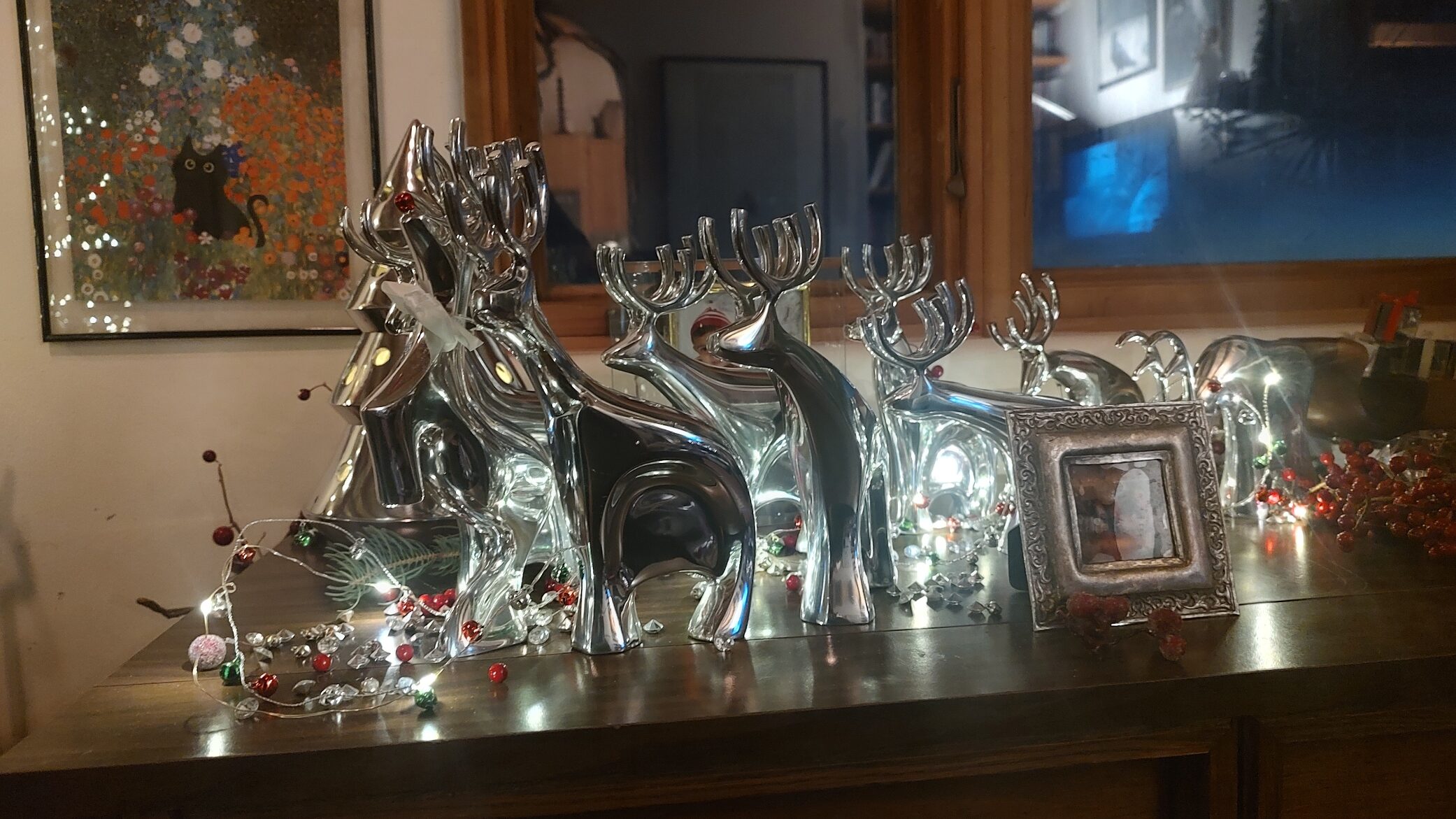
On writing through trauma, and then not remembering what I wrote! My exciting new vacuum cleaner (lol) and the birth of social media. Also, having the confidence (and blessing) of a cis-het white man in ignoring edits.

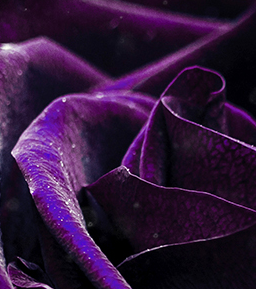
Understanding what I need regarding taking time off – or NOT! – and how important it is for us to collect data on our own process. Also, the inevitability of losing friendships as we build our careers and businesses.

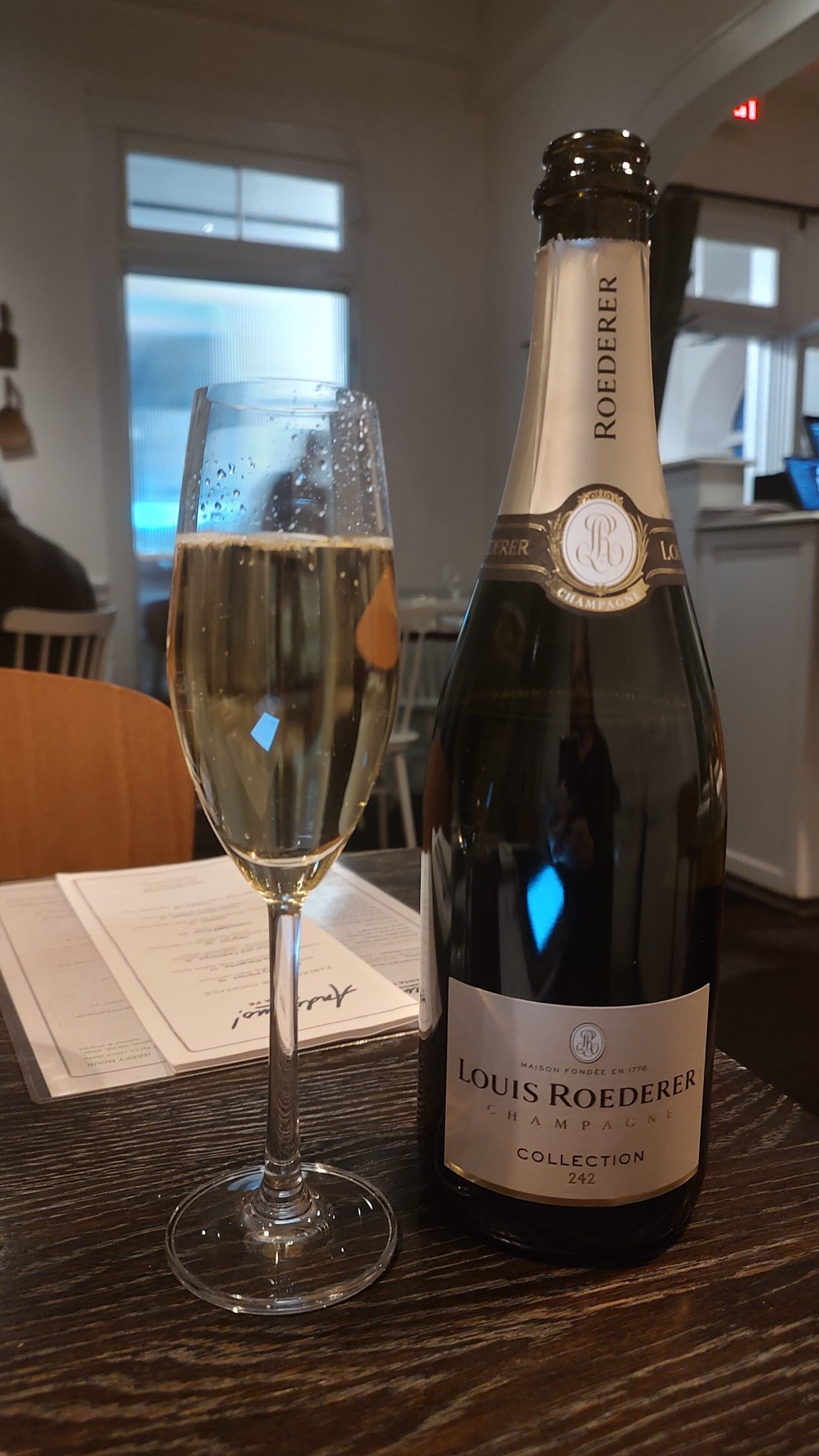
Sharing some excellent, exciting news on NEVER THE ROSES, along with an unexpected challenge of having a pen name, a tip on developing an author signature, and how we don’t have to do something we don’t want to do.

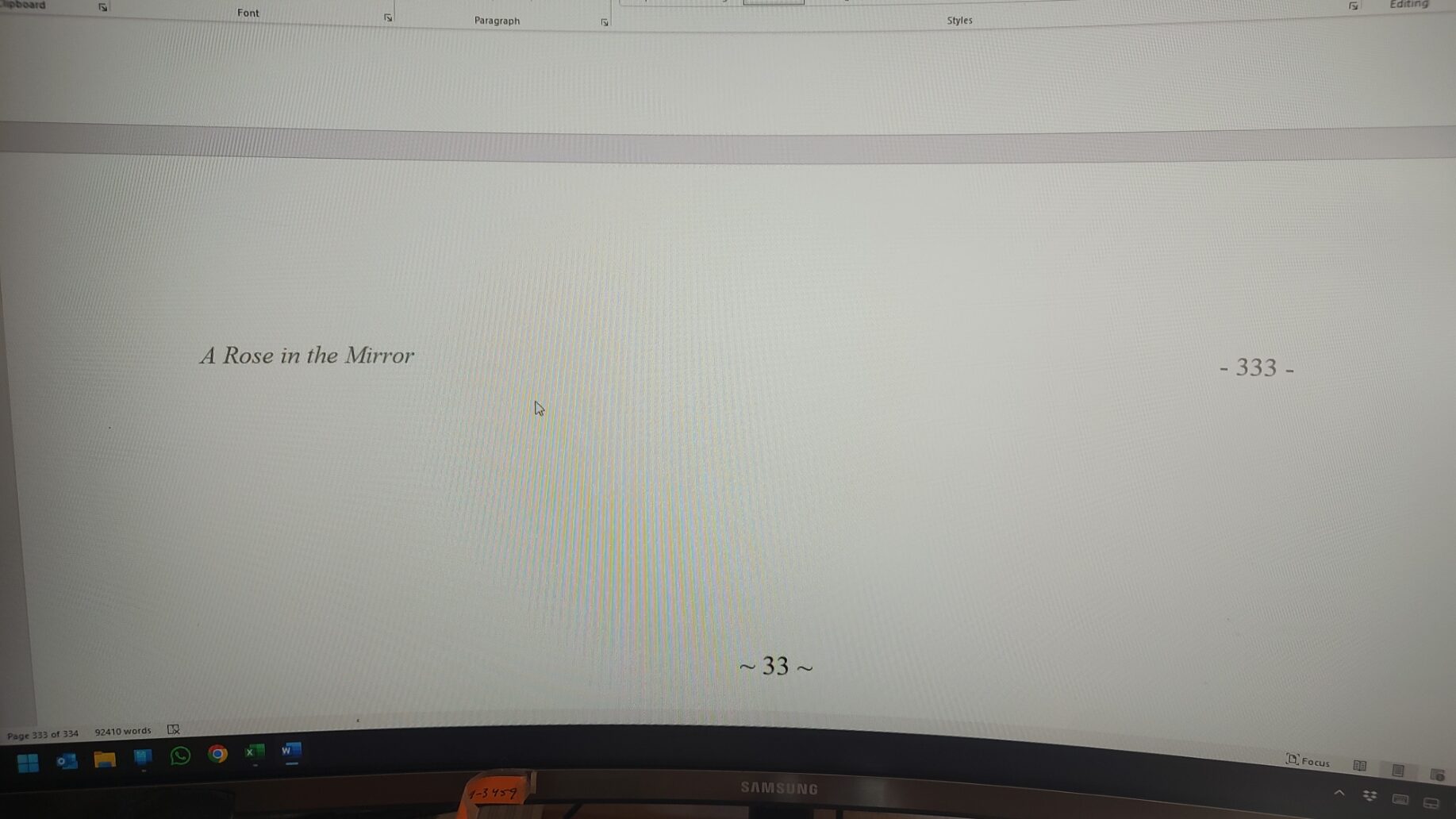
I’m finishing A ROSE IN THE MIRROR today!! On story structure, beats, and how this strange book has been spot-on. Also, the long-game, how a writing career can go wrong and instead shooting for a sustainable life as an author.
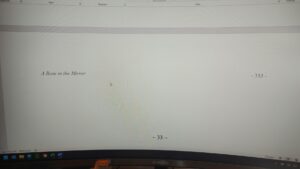
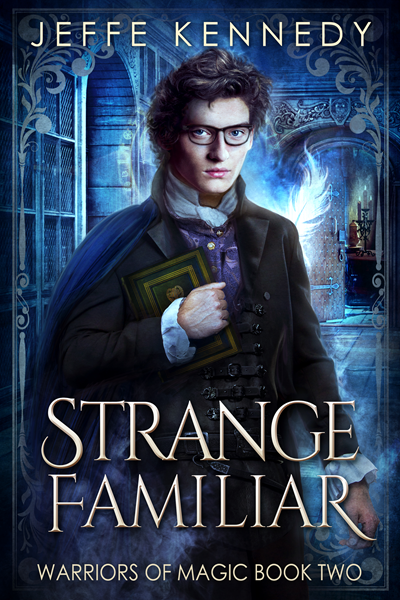
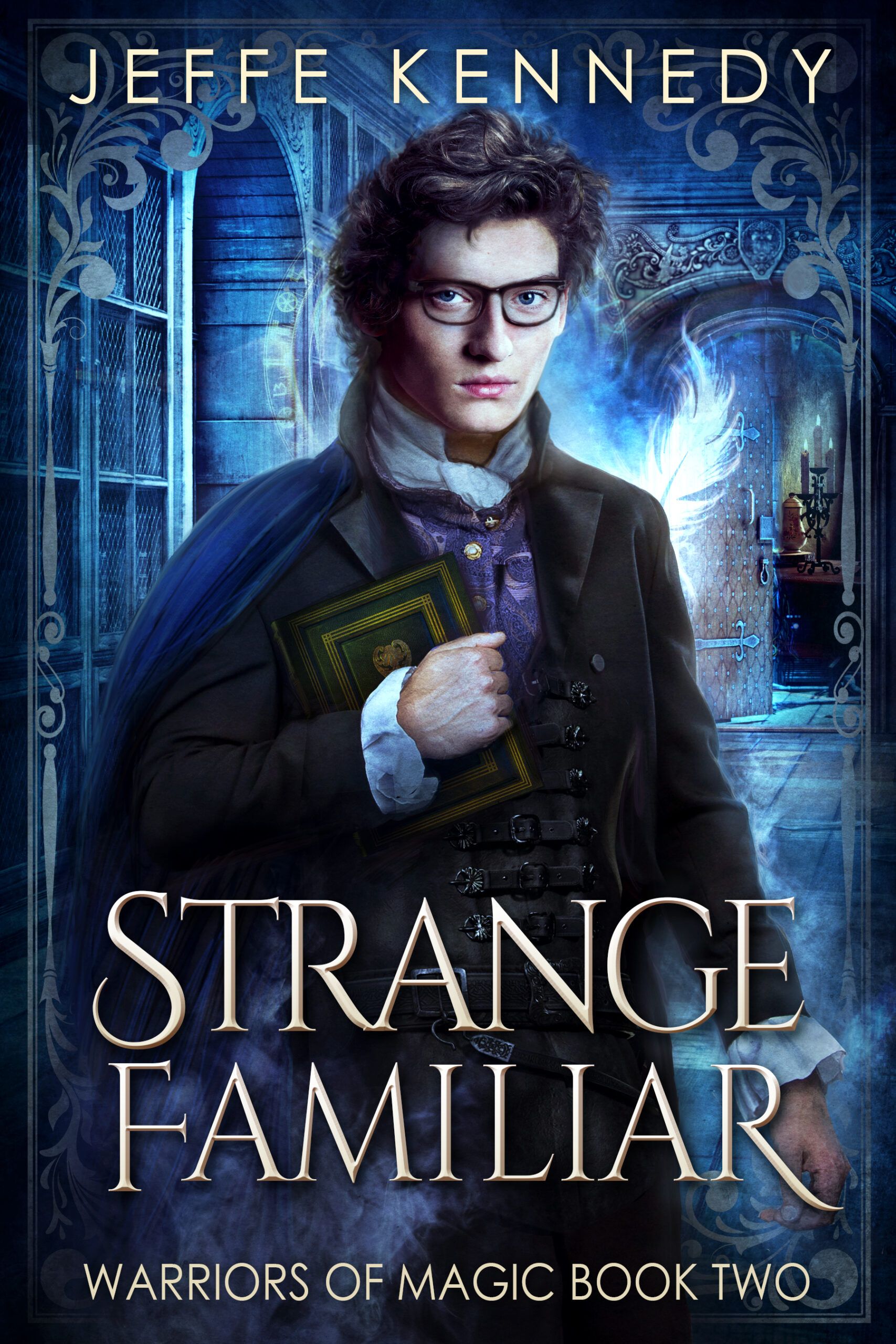
A cover reveal today of STRANGE FAMILIAR! Also a discussion of Avenger’s Endgame and my epiphany on the strategic element that elevates a fight/battle scene from mutual bashing to epic storytelling.
